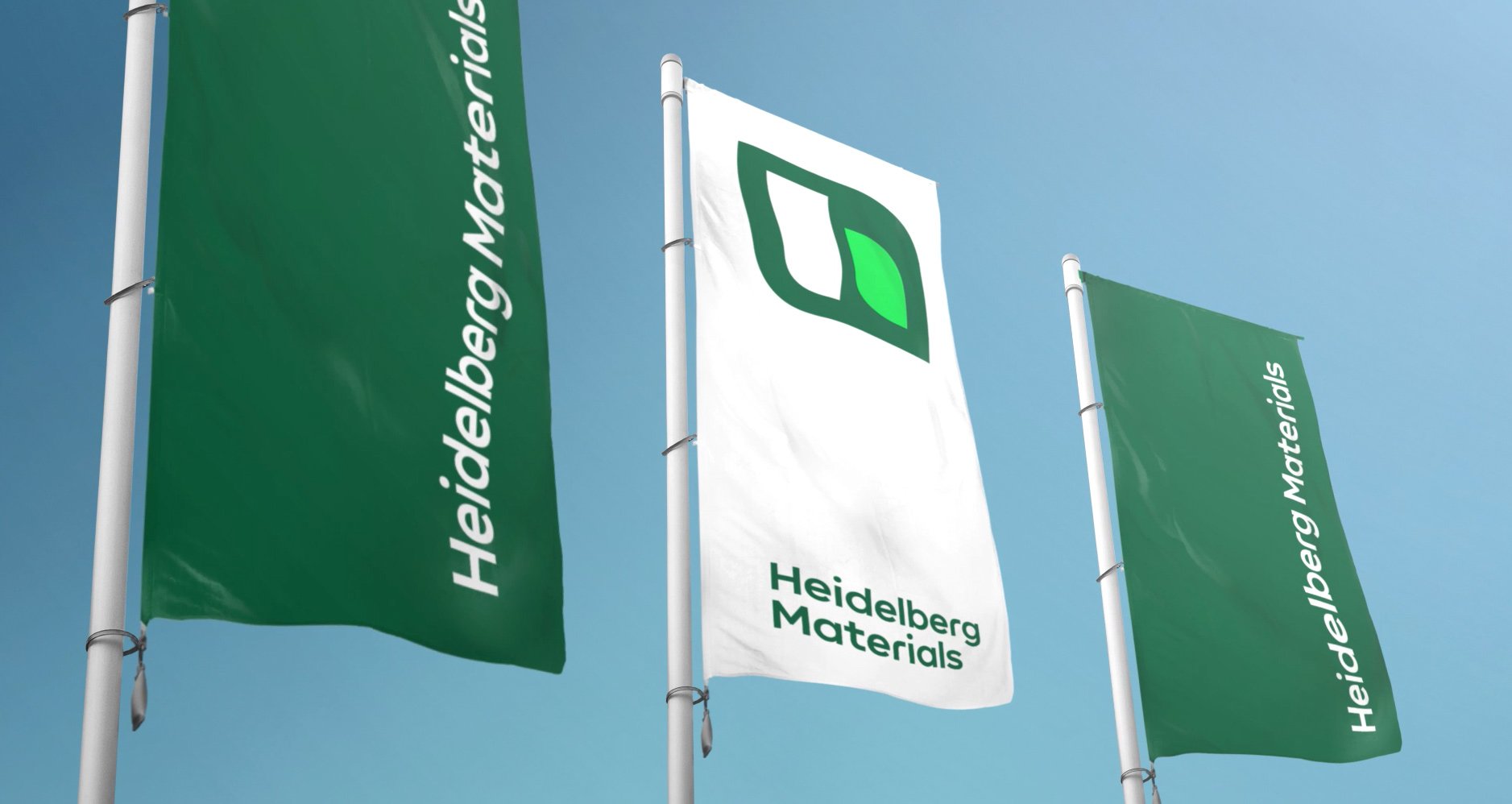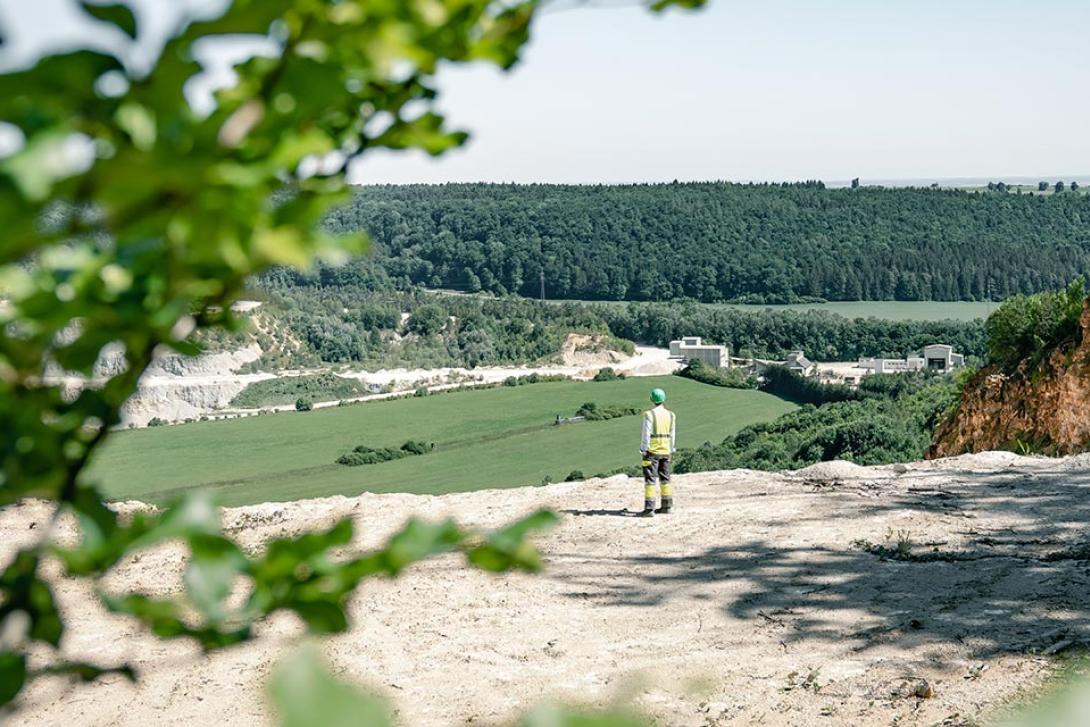Renaturated quarry Langhagen, Germany
New HeidelbergCement Sustainability Report
On 20 July 2016, HeidelbergCement released its newest Sustainability Report. It provides information about relevant topics and challenges in terms of sustainable business practices in 2015. Success stories and targets of sustainability management are presented, along with steps taken in the areas of environmental and climate protection, as well as corporate responsibility toward employees and the public.
“Sustainably business practices are integral to all our operations, making sustainablility a top priority among our local managers: the aim is to minimise the impact of our activities on the local environment, and make use of our core competencies in such a way that they generate opportunities for our company, while at the same time benefiting society at large,” said Dr. Bernd Scheifele, CEO of HeidelbergCement AG. “With this report, we offer transparency about our objectives and our efforts in the field of sustainability – making them accessible to our stakeholders.”
Less CO2, more alternative raw materials
HeidelbergCement looks back in important climate protection achievements in 2015. For instance, the net specific CO2 emissions were cut by 22% (basis: 1990) to 606.3 kg per tonne of cement. The use of alternative fuels has also been expanded: the clinker factor has sunk to 75%. “The numbers show what kind of progress HeidelbergCement made over the past financial year,” says Dr. Scheifele. “We have also substantially intensified our commitment to the development of technologies to use CO2 as a resource, and we've entered into very promising cooperative research projects. This puts us at the forefront of the movement in the cement industry.”
First-time figures on water management
After implementing water reporting at all cement plants in 2013 and 2014, this year's HeidelbergCement Sustainability Report is the first to present figures on water management. Internal data is now also being collected from aggregates and ready-mixed concrete activities, meaning that figures will also be available for these business lines in the future. Moreover, all plants in regions where water is scarce will have implemented an individual water management plan by 2030.
The 2015 Sustainability Report, along with further information and the GRI Index are available online at www.heidelbergcement.com/en/sustainability-report


